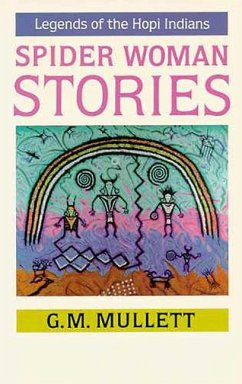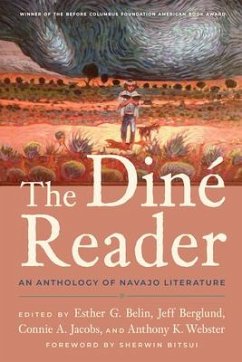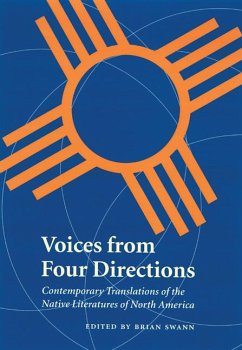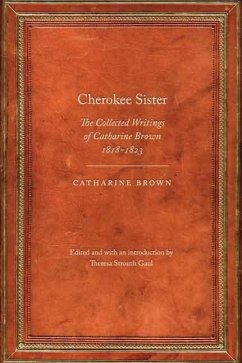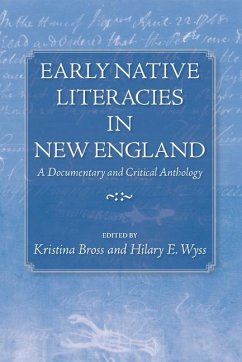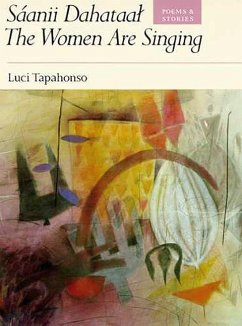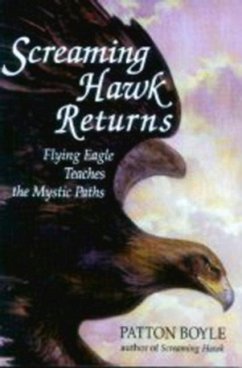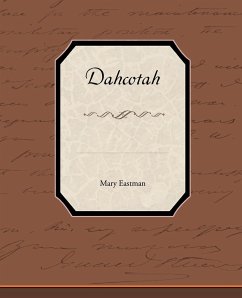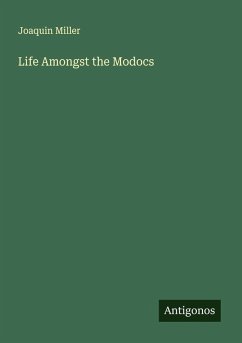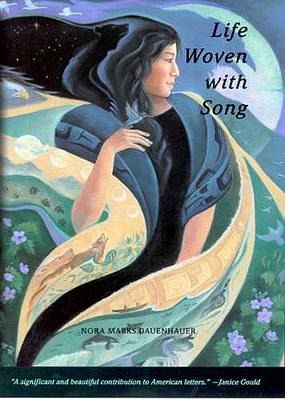
Life Woven with Song
Volume 41

PAYBACK Punkte
7 °P sammeln!
The Tlingit Indians of southeastern Alaska are known for their totem poles, Chilkat blankets, and ocean-going canoes. Nora Marks Dauenhauer is a cultural emissary of her people and now tells the story of her own life within the context of her community's. "Life Woven with Song" re-creates in written language the oral tradition of the Tlingit people as it records memories of Dauenhauer's heritage--of older relatives and Tlingit elders, of trolling for salmon and preparing food in the dryfish camps, of making a living by working in canneries. She explores these recurring themes of food and land,...
The Tlingit Indians of southeastern Alaska are known for their totem poles, Chilkat blankets, and ocean-going canoes. Nora Marks Dauenhauer is a cultural emissary of her people and now tells the story of her own life within the context of her community's. "Life Woven with Song" re-creates in written language the oral tradition of the Tlingit people as it records memories of Dauenhauer's heritage--of older relatives and Tlingit elders, of trolling for salmon and preparing food in the dryfish camps, of making a living by working in canneries. She explores these recurring themes of food and land, salmon and rainforest, from changing perspectives--as a child, a mother, and a grandmother--and through a variety of literary forms. In prose, Dauenhauer presents stories such as "Egg Boat"--the tale of a twelve-year-old girl fishing the North Pacific for the first time alone--and an autobiographical piece that reveals much about Tlingit lifeways. Then in a section of short lyrical poems she offers crystalline tributes to her land and people. In a concluding selection of plays, Dauenhauer presents three Raven stories that were adapted as stage plays from oral versions told in Tlingit by three storytellers of her community. These plays were commissioned by the Naa Kahidi Theater and have been performed throughout America and Europe. They take the form of a storyteller delivering a narrative while other members of the cast act and dance in masks and costumes. Collectively, Dauenhauer's writings form an "autoethnography," offering new insight into how the Tlingit have been affected by modernization and how Native American culture perseveres in the face of change. Despite the hardships her people haveseen, this woman affirms the goodness of life as found in family and community, in daily work and play, and in tribal traditions.




